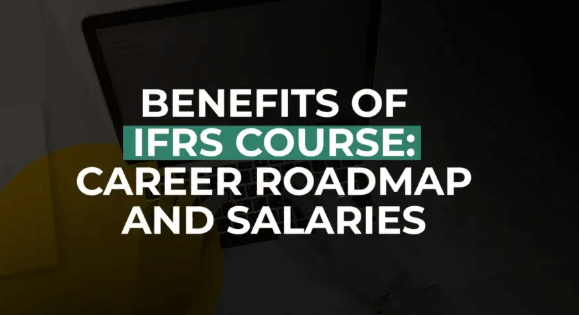EB2-NIW Visa Saudi Arabia: A Complete Guide for Skilled Professionals
In today’s global economy, highly skilled professionals in Saudi Arabia are increasingly seeking opportunities to advance their careers in the United States. One of the most promising immigration pathways is the EB2-NIW (Employment-Based Second Preference – National Interest Waiver) visa. This category is ideal for individuals with advanced degrees or exceptional abilities who can demonstrate that their work benefits the U.S. national interest.
If you are a Saudi-based professional, researcher, doctor, engineer, or entrepreneur, the EB2-NIW visa might be your golden ticket.
What Is the EB2-NIW Visa?
The EB2-NIW visa is part of the U.S. employment-based immigration system. Unlike most employment-based visas, it does not require a job offer or employer sponsorship. Instead, applicants can self-petition if they prove that:
- They have an advanced degree (Master’s or higher) or exceptional ability in their field.
- Their work is in the national interest of the United States.
- Waiving the job offer and labor certification requirements would benefit the U.S.
Why Saudi Professionals Should Consider the EB2-NIW
Many professionals in Saudi Arabia are in sectors highly valued in the U.S., including:
- Healthcare (doctors, nurses, researchers)
- Engineering (petroleum, civil, electrical, mechanical)
- Technology & AI
- Renewable Energy & Environmental Sciences
- Academic and Scientific Research
These fields align with U.S. priorities, making it easier to justify a national interest argument in an EB2-NIW petition.
See also: The Impact of Virtual Reality on Education and Training
EB2-NIW Visa Eligibility Requirements
To qualify for an EB2-NIW visa, applicants from Saudi Arabia must show:
- Advanced Degree or Exceptional Ability
- Advanced degree: Master’s, Ph.D., or equivalent.
- Exceptional ability: Significant achievements, publications, awards, or recognition.
- National Interest Criteria
The U.S. Citizenship and Immigration Services (USCIS) uses the Matter of Dhanasar framework to assess petitions. Applicants must show:- Their work has substantial merit and national importance.
- They are well-positioned to advance their proposed endeavor.
- On balance, it benefits the U.S. to waive the job offer and labor certification.
EB2-NIW Application Process from Saudi Arabia
- Collect Evidence & Documentation
- Academic credentials (degrees, transcripts)
- Letters of recommendation from experts
- Publications, patents, awards, and project records
- Personal statement outlining your proposed endeavor
- File Form I-140 (Immigrant Petition for Alien Worker)
Submit your petition directly to U.S. Citizenship and Immigration Services (USCIS). - Wait for USCIS Decision
Processing times can range from 8 to 15 months on average. - Apply for Immigrant Visa (Consular Processing)
Once approved, complete consular processing at the U.S. Embassy in Riyadh or relevant U.S. consulate in Saudi Arabia.
Benefits of the EB2-NIW Visa
- No employer sponsorship or job offer required
- Permanent residency (Green Card) for you and your family
- Flexibility to work anywhere in the U.S.
- Opportunity to contribute to national interest projects
Tips for a Strong EB2-NIW Petition
- Focus on the national importance of your work.
- Provide strong recommendation letters from experts in your field.
- Include tangible evidence of your achievements (publications, patents, projects).
- Consider working with an experienced immigration attorney who has handled EB2-NIW cases for Saudi nationals.
Final Thoughts
The EB2-NIW visa offers skilled professionals in Saudi Arabia a unique opportunity to immigrate to the United States without needing employer sponsorship. With careful planning and a well-prepared petition, you can build a strong case for why your expertise serves the U.S. national interest — and open the door to a future in America.

